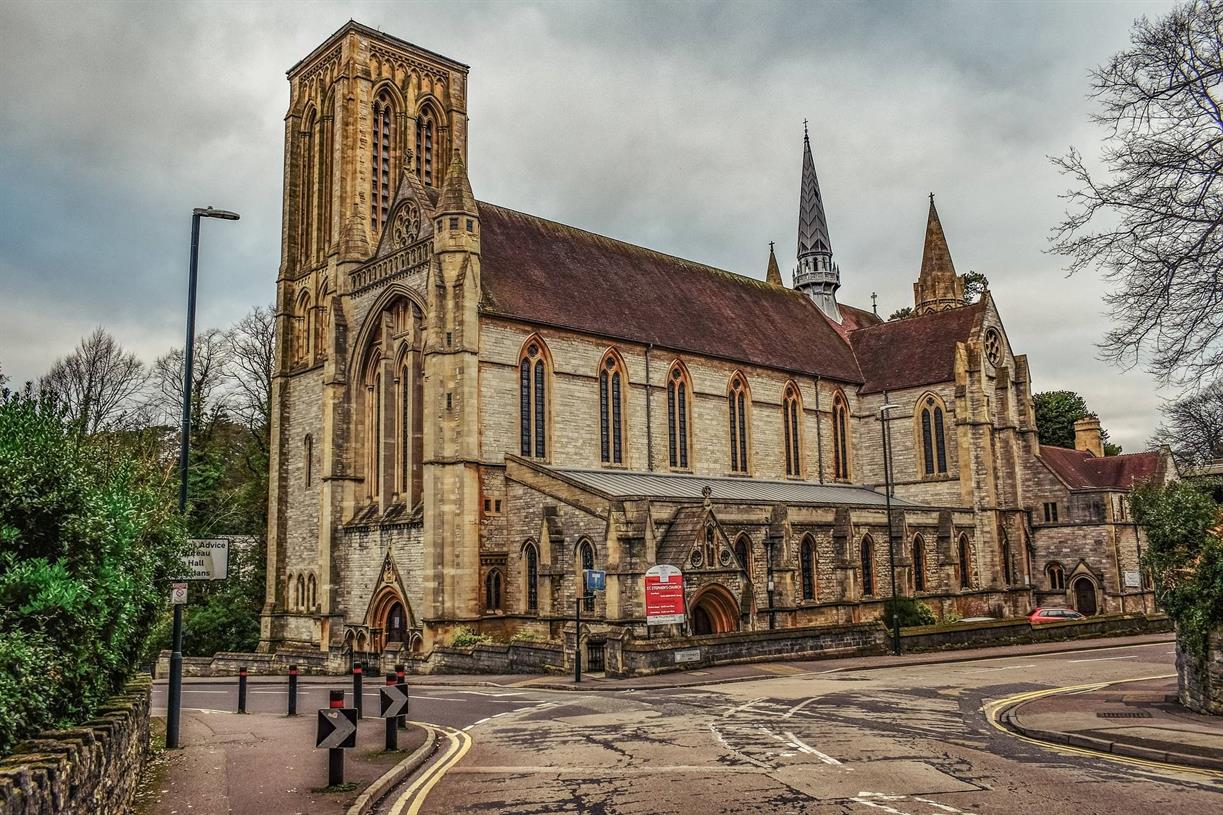The Charity Commission has urged trustees of Church of England charities to “remain aware” of their legal duties as it prepares to make safeguarding changes.
The plans for safeguarding changes come after the Makin Review into the abuse committed by John Smyth, published in November, led to the resignation of the Archbishop Justin Welby.
Members of the Church of England’s national assembly, the General Synod, are scheduled to debate two possible models for independent safeguarding, both of which involve safeguarding work being examined by a second external body, at a meeting in London from 10 to 14 February.
One proposal would transfer safeguarding officers who currently work in dioceses, cathedrals and the Church of England to work for a new body.
The second model would see diocesan and cathedral officers remain with their current employers, but the majority of national staff would transfer to a new organisation.
David Holdsworth, chief executive of the Charity Commission, has written to all synod members who are trustees of Church of England charities, urging them to be aware of their legal duties in the upcoming debate.
Although the regulator has no jurisdiction over the General Synod or its members, it is responsible for the regulation of the church’s charities.
Holdsworth said the commission was engaging with certain national church institutions regarding safeguarding in Church of England charities following the Makin Review.
He said: “The church has acknowledged that improvements to safeguarding must be made.
“We understand that at the forthcoming General Synod in February 2025, there will be an opportunity for you to consider safeguarding and discipline legislation and codes of practice, which will make changes to the current safeguarding framework with which church charities must comply.”
Holdsworth said that all charity trustees “have a duty to take reasonable steps to protect from harm people who come into contact with their charity”, adding that trustees must ensure that processes, procedures and training are fit for purpose and enable them to effectively discharge their duties in relation to safeguarding.
“This includes being satisfied that, where concerns are raised, appropriate action is taken in a timely manner and processes are in place so that safeguarding concerns are not able to be ignored or covered up,” he said.
Holdsworth said it is important that trustees of church charities attending the General Synod in February “remain aware of your legal trustee duties during debate and voting on relevant synod business”.
He added that trustees must be “satisfied the changes will enable you to comply with your duty to take reasonable steps to keep all who come into contact with your charity safe”.
He said that members of the General Synod who were trustees might find the regulator’s general advice and guidance on trustee decision-making helpful as part of their preparations for the debate.
“The Charity Commission will continue to engage within its regulatory remit with trustees and church leaders as may be required,” Holdsworth said.
